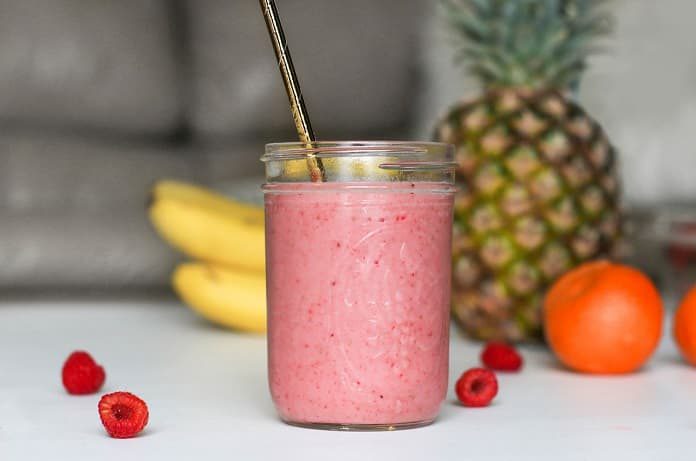A study using flavoured fruit and vegetable probiotic drinks highlights their effects on levels of glucose and insulin responses.
We all love to eat good food and we are well aware of the repercussions of unhealthy eating. However, sometimes despite our best efforts, our body’s rhythm is disturbed and sugar levels tend to oscillate beyond our control. Hyperglycemia refers to increased blood sugar, and postprandial hyperglycemia is a condition wherein glucose levels increase after eating. This can lead to an increased occurrence of type 2 diabetes and a number of cardiovascular diseases, both of which are burdens to the healthcare system globally.
Can Fruit and Vegetable Polyphenols Affect Blood Sugar Levels?
With the right dietary intake and a change in lifestyle, postprandial hyperglycemia can be improved. The current study conducted at Lund, Sweden and published in the Nutrition Journal in 2018 investigates the use of a polyphenol-rich probiotic drink to control insulin and post-prandial glucose levels. Fruits, vegetables, berries, tea, and coffee are shown to improve insulin responses and post-prandial blood glucose levels. The source, type, and dose of polyphenols do influence insulin responses and post-prandial glucose levels. Dietary polyphenols are a category of food that has shown promising results. It improves wellbeing through five main ways:
- It inhibits carbohydrate digestion and glucose absorption
- It increases insulin secretion.
- It modulates the output of glucose from the liver
- It activates insulin receptors and promotes glucose uptake
- It modulates gene expression and intra-cellular pathways
A randomised, controlled crossover study was designed to investigate insulin responses and post-prandial glucose levels after consuming five different probiotic fruit or vegetable drinks. A total of 12 healthy young adults, 6 young men, and women between 18 and 65 years of age with no diagnosed allergy or medication, a stable body weight, and a body mass index between 20 and 30 kg/m2 were chosen for the study.
This study was conducted at the Skane University Hospital in Lund, Sweden and completed in a span of six weeks. Before the administration of the different probiotic samples through random selection, the participants were given a standardized meal of two white bread slices and a small amount of water. Prior to consuming the probiotic, a venous blood sample was taken. Following the probiotic intake, the researchers collected blood samples at 15, 30, 45, 60 and 90-minute intervals to record glucose levels and insulin responses. One participant discontinued the study for personal reasons and the results obtained were based on the remaining eleven.
Polyphenols Affected the Insulin Response
There were some important and interesting findings in the research. The polyphenol-rich fruit and vegetable beverages with bilberry, mango, rose hip, and black currant as attenuated the insulin response in the early postprandial period (0-90min). Bilberry moreover had the highest effect after eating on the insulin levels at 30 minutes after consumption and this was maintained significantly.
Certain findings from the research are consistent with previous studies, where products with bilberry, rosehip, mango, or black currant did not affect the glycemic response immediately after eating, but began to show an affect up to 90 minutes later. Glycemic response refers to changes in blood glucose after consuming a food that contains carbohydrate. Lowered insulin responses were strongly related to polyphenol content. This was correlated to drinks with higher quantities of rose hip and bilberry.
Written by Sonia Leslie Fernandez, Medical News Writer
Reference: Xu, J., Jönsson, T., Plaza, M., Håkansson, Å., Antonsson, M., Ahrén, I. L., … & Granfeldt, Y. (2018). Probiotic fruit beverages with different polyphenol profiles attenuated early insulin response. Nutrition Journal, 17(1), 34.



